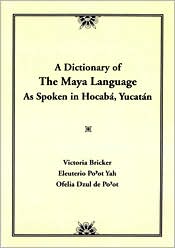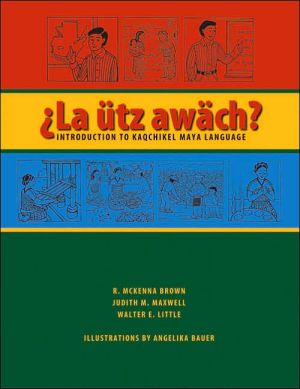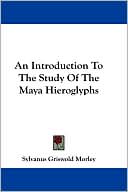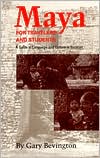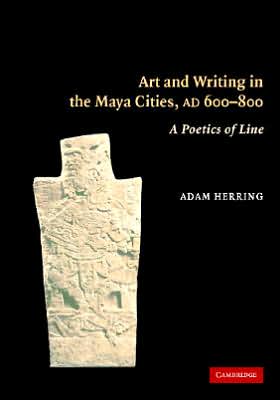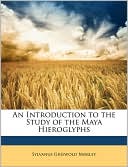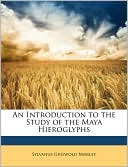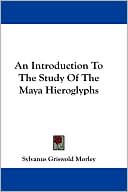A Dictionary of the Maya Language: As Spoken in Hocaba, Yucatan
The Maya language of Yucatan is known as Yucate by linguists, but its speakers refer to it as May. Dialiectical differences are minimal across the peninsula, and the more than 750,000 speakers of Maya can be understood wherever they go. Moreover, it is not only a living language but is of great use to epigraphers working on ancient Maya glyphs.\ This dictionary is the culmination of fourteen years’ labor centering on the town and dialect of Hocaba. Whereas other dictionaries of may use Latin...
Search in google:
The Maya language of Yucatan is known as Yucatec by linguists, but its speakers refer to it as Maya. Dialectical differences are minimal across the peninsula, and the more than 750,000 speakers of Maya can be understood wherever they go. Moreover, it is not only a living language but is of great use to epigraphers working on ancient Maya glyphs. This dictionary is the culmination of fourteen years' labor centering on the town and dialect of Hocaba. Whereas other dictionaries of Maya use Latin paradigms, this is the first to provide a comprehensive, systematic listing of the stems that can be derived from each root and that give Maya its distinctive character. The entries cover the full range of Maya speech, from simple expressions and idioms to compound stems. Many sample sentences provide a window onto the richness of everyday communication, with its mixture of wit, epithets, insults, riddles and aphorisms, and exchanges of information. Among the cultural domains encompassed by the dictionary are agriculture, architecture, astronomy, culinary practices and recipes, education, folklore, games, humor, medical prescriptions, ritual, toys, and weaving, many of which have roots in the Precolumbian past. In addition to the dictionary entries, this work also contains a short grammar, a botanical index, and a bibliography. Booknews Rather than the Latin-based arrangement used in other dictionaries of what linguists call Yacutec and the speakers call Maya, systematically lists the stems that can be derived from each root and that give the language its distinctive character. Includes many sample sentences, epitaphs, insults, riddles, aphorisms, and other elements in the mother tongue of 750,000 people on the peninsula. Among the paraphernalia are a guide to pronunciation, a short grammar, a botanical index, and a bibliography. Annotation c. by Book News, Inc., Portland, Or.
Introduction Cross-References Acknowledgments\ Dictionary\ Botanical Index\ A Sketch of Maya Word Morphology and Inflections\ 1. Introductions\ 2. Verbs\ 3. Nouns\ 4. Adjectives\ 5. Participles\ 6. Numerals\ 7. Expletives\ 8. Onomatopoeic Roots\ 9. Unclassified Roots\ 10. Paradigms\ 11. Grammatical Affixes\ References Cited
\ From the Publisher“Enjoyable to read. Ethnographic and historic bits and pieces of Maya life are found in the subtle ways the roots take o meanings through inflections and usage. The grammatical section is daunting in its complexity but rewards careful reading with more insight into Maya thought.”—Journal of Anthropological Research\ \ \ \ \ \ BooknewsRather than the Latin-based arrangement used in other dictionaries of what linguists call Yacutec and the speakers call Maya, systematically lists the stems that can be derived from each root and that give the language its distinctive character. Includes many sample sentences, epitaphs, insults, riddles, aphorisms, and other elements in the mother tongue of 750,000 people on the peninsula. Among the paraphernalia are a guide to pronunciation, a short grammar, a botanical index, and a bibliography. Annotation c. by Book News, Inc., Portland, Or.\ \
